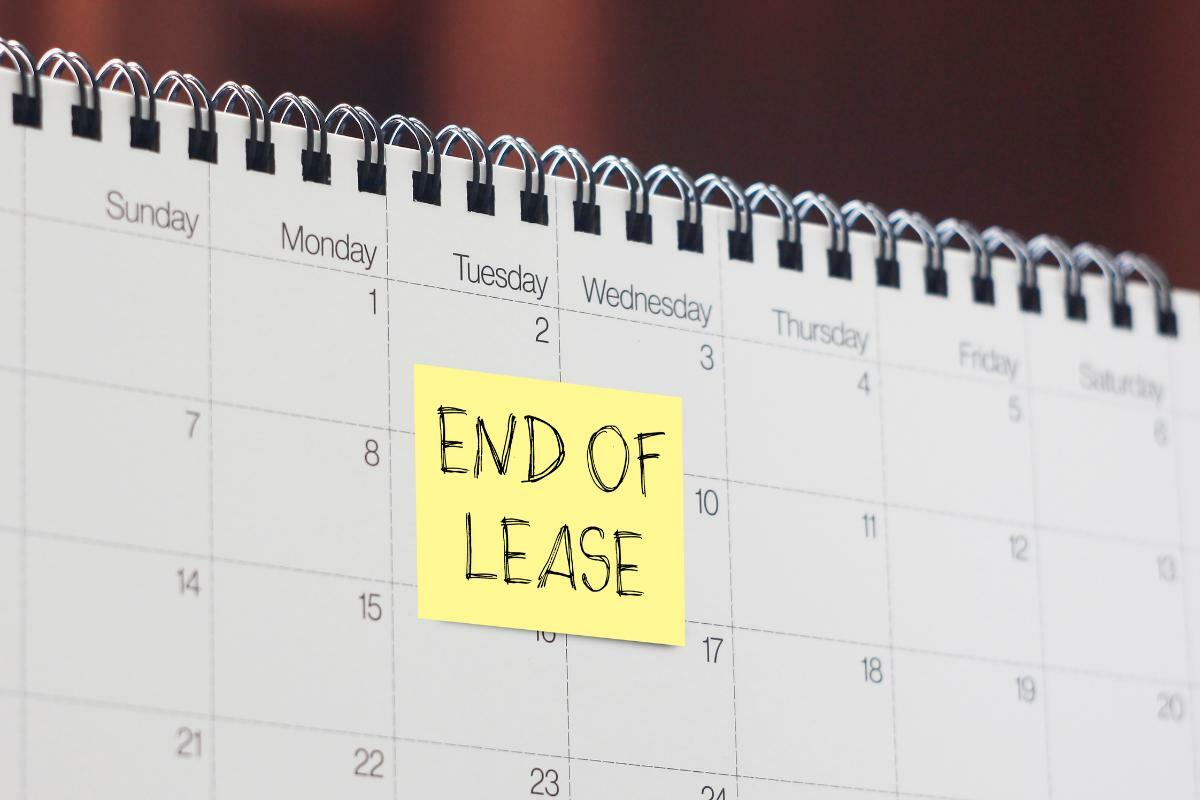Commercial lease terminations and resulting consequences can be complicated, and you are likely to have challenges navigating it on your own. Having an experienced commercial real estate attorney in Arizona at Provident Law® review your real estate lease can help you fully understand your rights and responsibilities under the lease, whether you are a landlord or tenant.
Voluntary Commercial Lease Terminations
Commercial lease terminations are not always involuntary or due to a breach of contract by one party or the other. In some cases, one party may wish to terminate the lease. For instance, tenants may wish to terminate a lease because they intend to close their business or move it to a different or larger location. The tenant may no longer be able to afford the rent the landlord is charging or may have become unhappy with some provisions of the current lease.
A landlord also may wish to terminate a lease in some circumstances. For instance, the landlord may wish to sell the commercial building to a developer or another purchaser. The desire to sell could be due to the owner’s need for profits from the sale, a retirement, a death, or a desire to pursue other business opportunities.
Giving Notice of Commercial Lease Terminations
A commercial lease may be for a fixed term or strictly on a month-to-month basis. The duration of the lease term can directly affect the amount of notice that either a landlord or a tenant must give to the other party if they wish to terminate the lease. Most commercial leases address the notice period that one party must give the other party, as well as the format of the notice and its means of delivery.
Failure to give proper notice per the lease terms in commercial lease terminations can result in adverse consequences. The lease may provide penalties for failure to give adequate notice, such as stipulating that the tenant continues to owe rent during the notice period or other monetary charges.
Negotiating a Mutual Lease Termination
In some cases, both parties agree that the lease should be terminated, perhaps even before the lease term has expired. If this situation occurs, the parties can make efforts to resolve the proposed termination through negotiations. Reaching an agreed-upon termination can benefit both parties by reducing potential litigation costs if the termination becomes disputed and ending the business relationship in a positive manner.
Both parties must be willing to consider modifying the current terms of the agreement, exploring the potential for a buyout, applying the security deposits to outstanding costs owed by one party, or other solutions to reach a mutual termination agreement. Some commercial leases provide for mediation or arbitration in the event of termination disputes, which can assist the parties in reaching an agreement as to all issues and significantly reduce both parties’ expenses.
Involuntary Terminations of Commercial Leases
In many situations, commercial lease terminations are involuntary in that at least one of the parties is not seeking to terminate the lease. Instead, some other event precipitates the termination of the lease, which often leads to a legal dispute between the parties.
Breaching the Lease Terms
If either the landlord or tenant breaches a commercial lease agreement, they may have the right under the lease to terminate the lease unilaterally. If a breach occurs and the parties cannot resolve the matter informally, the non-breaching party likely must turn to litigation for resolution.
For instance, if a tenant fails to pay rent as per the terms of the lease, the landlord likely has the right under the lease to terminate the lease and seek eviction of the tenant. Most leases also allow the landlord to seek court costs, attorney’s fees, and other damages resulting from the breach from the breaching party.
Likewise, if a landlord violates the lease terms, such as by failing to make necessary repairs that are their responsibility, then the tenant can resort to litigation to enforce the lease terms and, in some cases, terminate it altogether.
Force Majeure Provisions
Most commercial leases contain force majeure provisions, which give the parties the power to terminate the lease when certain circumstances beyond either party’s control occur. The types of covered events vary from one lease to the next, but they most commonly pertain to natural disasters and other catastrophic events. For instance, some force majeure provisions include references to the following events:
- Natural disasters, which may or may not include earthquakes, floods, hurricanes, tornadoes, volcanic eruptions, and wildfires;
- Pandemics, epidemics, and quarantines;
- War, terrorist attacks, and other types of civil unrest;
- Worker strikes;
- Changes in the laws that render the contract obsolete or make its terms impossible to fulfill; and
- Other “acts of God” or similar language.
Under most force majeure provisions, the party invoking the provision to terminate the lease must promptly notify the other party of the lease termination and the reason for the termination. The lease may or may not define how long after the triggering event a party has to invoke the force majeure provision and how notice should be given to the other party.
Contact Us for Assistance with Your Real Estate Transaction Today
Even the most straightforward real estate lease transactions can become unexpectedly complex when one party wishes to terminate the lease. You will find the advice and guidance you need from a commercial real estate attorney in Arizona at Provident Law®. Our lawyers have decades of combined legal experience representing clients in real estate transactions. We aim to build a long-term relationship with you as we work together to address and resolve your most complex legal problems. Contact a commercial real estate lawyer today by calling (480) 388-3343 or reach out to us online to schedule a time to see what we can do for you.


